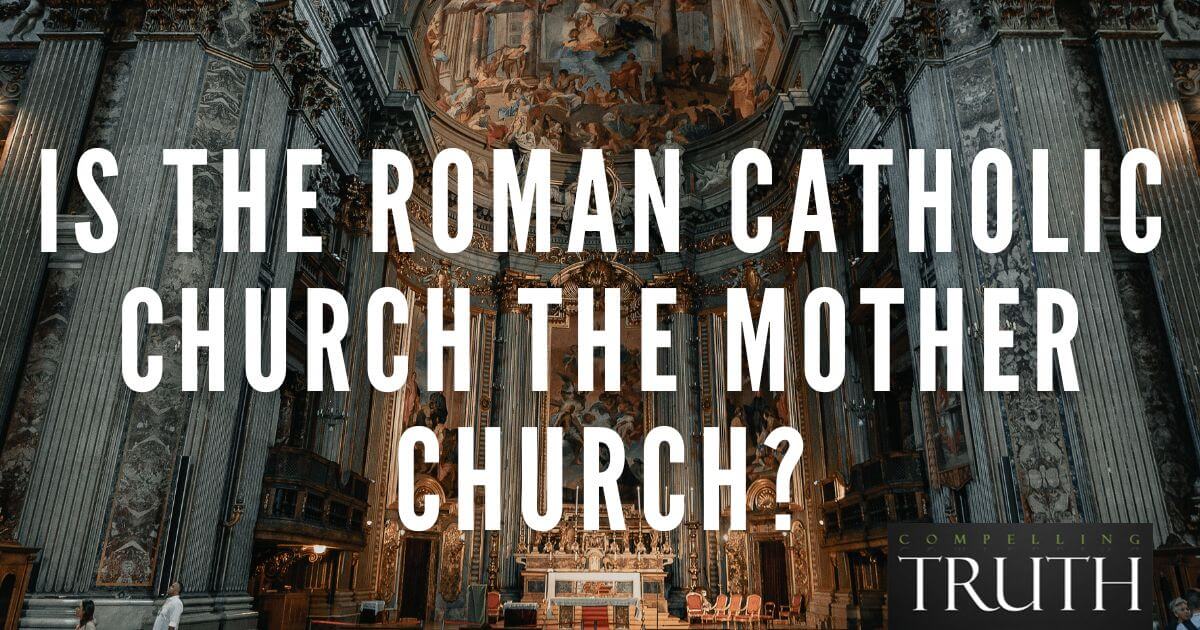what does the bible say?
Biblical Christianity is not defined by membership in a particular church but by faith in Jesus Christ and adherence to essential biblical doctrines. These include belief in one God (Deuteronomy 6:4–5; Mark 12:29–30), the deity and humanity of Jesus Christ (John 1:1, 14; Colossians 2:9), His death and resurrection for our sins (1 Corinthians 15:3–4), and salvation by grace through faith alone (Ephesians 2:8–9). The Catholic Church is considered part of Christianity but differs significantly from biblical teachings in areas like salvation, the veneration of Mary, and the role of priests. While the Bible emphasizes salvation by grace through faith alone, Catholic doctrine incorporates works, sacraments, and intercession through Mary and priests, which deviate from Scripture. Key biblical passages, such as 1 Timothy 2:5, affirm Jesus as the sole mediator, and Ephesians 2:8–9 highlights salvation as a gift of grace, not earned by works. Despite these doctrinal differences, even Catholics who personally trust in Jesus for salvation and align with biblical Christianity will be saved. Christians are encouraged to lovingly share the gospel and point all believers to the sufficiency of Christ and the authority of Scripture.




